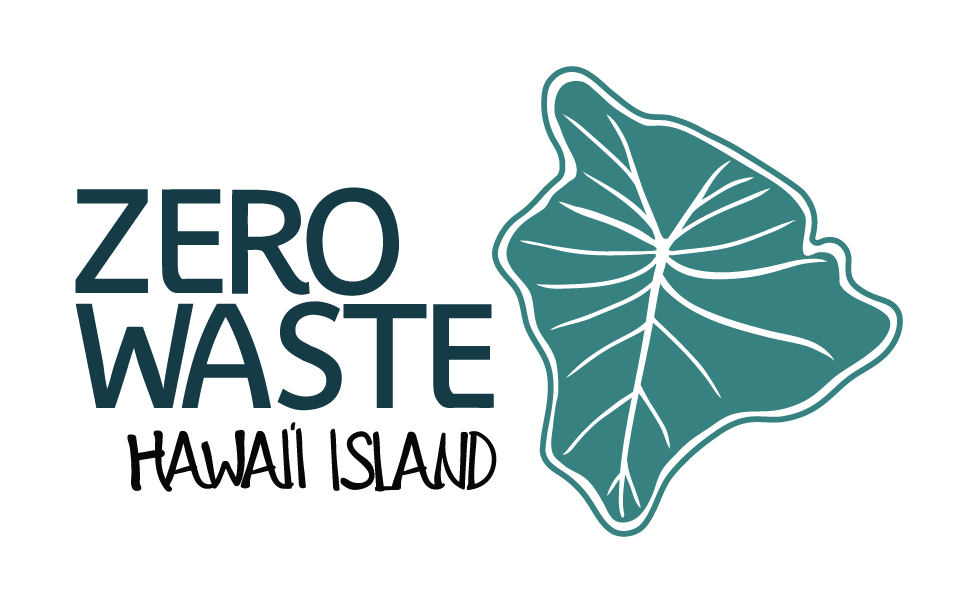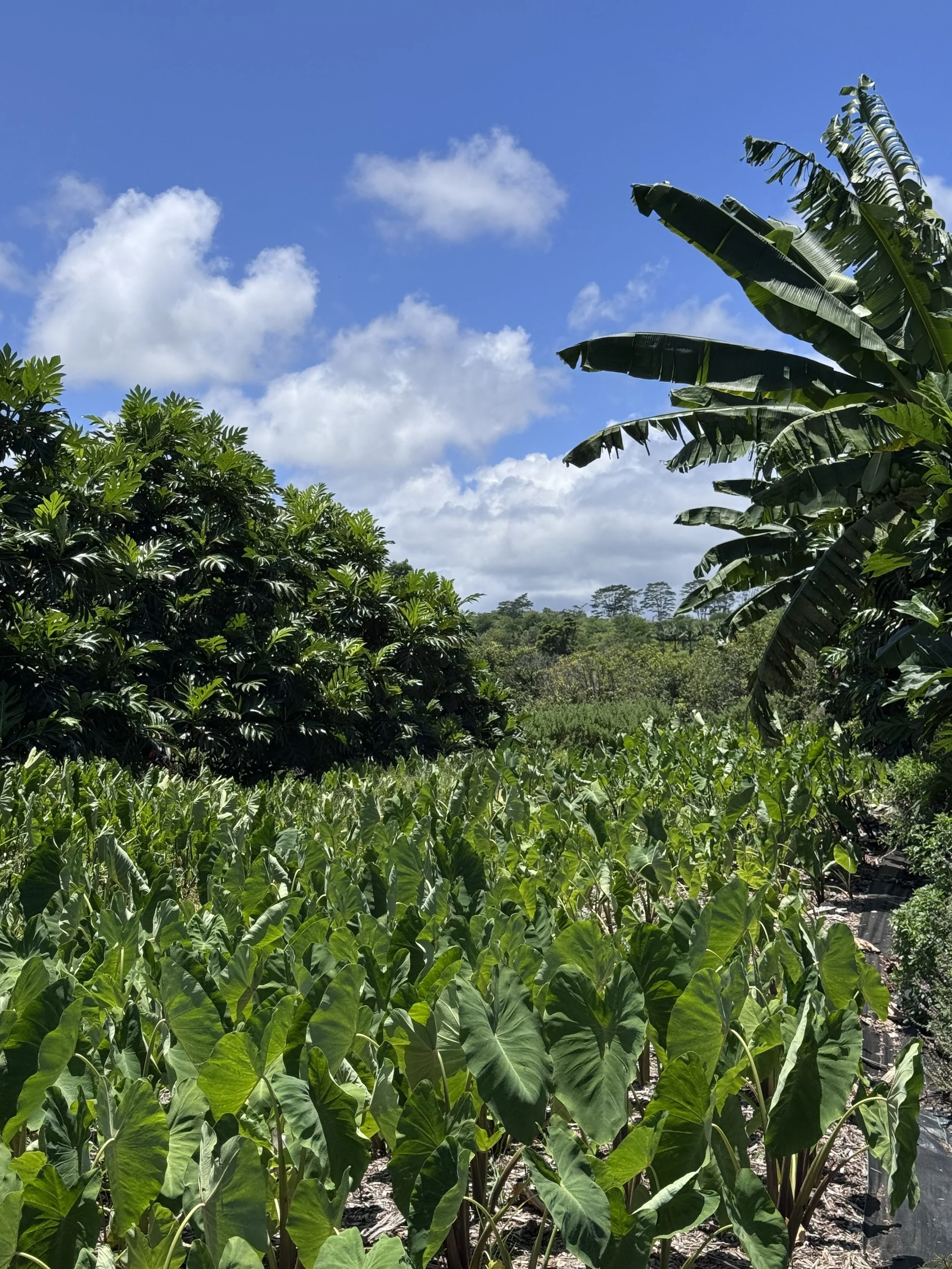Paipai Mahiʻai Program
Program Overview
Our Paipai Mahiʻai ("to encourage?? farmers") program focuses on the production and distribution of sustainable food by Hawaiʻian farmers. We draw upon indigenous knowledge and land use to inform regenerative farming practices – ones that actively reduce the use of chemicals, greenhouse gas emissions, waste, and pollution while producing more nutritious food, healing the land and increasing farmer profits.
As part of this effort, we are focused on the reduction of plastics in farming practice and food distribution, to lower the amount of microplastic and chemicals leaching into our food, water, land and sea. Pursuing healthy, cost-effective alternatives to plastics promotes our commitment to environmental stewardship, and empowers our communities to live in partnership with our ʻāina.
What is Regenerative Farming/Ranching?
Regenerative farming/ranching, also known as regenerative agriculture, is the traditional methods of farming practiced by our kūpuna prior to the invention of chemical farming. Chemical farming – created in the aftermath of World War II – uses the repurposed products of the military-industrial complex – fertilizers, herbicides, pesticides, steroids, antibiotics – to create a food system that ultimately destroys the environment, depletes nutrition, saps our health, and siphons profits from the farmer to the chemical corporation. In contrast, regenerative agriculture focuses on topsoil regeneration, improving the water cycle, increasing biodiversity, increasing resilience to climate change, and strengthening the health and vitality of food systems, all while decreasing farmers’ expense and labor.
Project Goals
(1) Cultural Shift in Farm Systems: Promote a transition to sustainable food systems by encouraging regenerative farming practices and the reduction of plastics in food growth and distribution among farmers and the wider community, aiming to redefine perceptions and habits towards food production and consumption.
(2) Strengthening Local Farm Systems: Encourage local farmers to decrease reliance on chemical farming and plastic packaging, thus cutting down on farm expenses, reducing their exposure to harmful chemicals, and mitigating greenhouse gas emissions from food production, distribution and disposal.
Proposed Activities
(1) Farm Listening Sessions: Hold listening sessions to talk story about the goals and needs of Hawaiʻian farmers.
(2) Farm Practice Audits: Conduct audits to understand the type of crops, farming techniques, and distribution channels currently in use by Hawaiʻian farmers.
(4) Waste Reduction & Agricultural Workshops: Conduct presentations on the environmental, health and economic benefits of regenerative farming and plastic reduction.
(5) Implementation Plan for Shared Farm Resources: Develop a detailed plan outlining costs, environmental benefits, and logistics to transition Hawaiʻian farmers to regenerative farming practices and plastic-free distribution.

